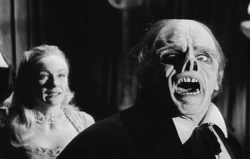
 Cinema of the ’70s gave us a whole litany of cool characters to cheer for, from John Shaft to Han Solo; for me, however, one of the coolest characters has always been a smart-mouthed teen who not only blew up her high school in the name of rock and roll, but got the Ramones to play while doing it.
Cinema of the ’70s gave us a whole litany of cool characters to cheer for, from John Shaft to Han Solo; for me, however, one of the coolest characters has always been a smart-mouthed teen who not only blew up her high school in the name of rock and roll, but got the Ramones to play while doing it.
Yeah, it’s pretty hard to top Riff Randall in Rock ’n’ Roll High School …
Riff Randall (P.J. Soles) is a punk-rocking teen — at least as punk rock as Roger Corman was probably willing to go in 1979 — who hates her school and loves the Ramones, regularly staging lunchtime rock riots as the jocks and the stoners and the nerds all groove together in a true rainbow coalition of high school unity, minus the freshmen, of course.
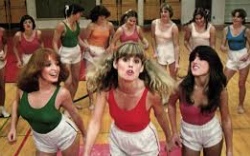 It’s a tenuous bond that only solidifies once totalitarian principal Ms. Togar (Mary Woronov) is put in charge of Vince Lombardi High, cracking down on any and all of the school’s mostly rebellious trouble-starters, including the music of Joey, Johnny, Dee Dee and Marky. This extends to the big Ramones concert where Riff publicly gives the “Hey-ho, let’s go!” to Togar’s fascistic rule of order.
It’s a tenuous bond that only solidifies once totalitarian principal Ms. Togar (Mary Woronov) is put in charge of Vince Lombardi High, cracking down on any and all of the school’s mostly rebellious trouble-starters, including the music of Joey, Johnny, Dee Dee and Marky. This extends to the big Ramones concert where Riff publicly gives the “Hey-ho, let’s go!” to Togar’s fascistic rule of order.
Originally called Disco High — an idea that, truth be told, I would have loved to have seen as well — this Allan Arkush-directed production, while maybe not the best film of the time, it definitely is the coolest in a long time; the combo of Soles and the Ramones have a lot to do with that, but co-stars Woronov, Dey Young and, of course, Clint Howard, are the pepperoni on the pizza that makes it so damn tasty.
The soundtrack is tops as well, filled with plenty of blitzkrieging Ramones boppers — all the hits are here, kids — as well as tunes by artists as (somewhat) diverse as the Brownsville Station, Devo, Nick Lowe and Brian Eno, making appearances; Chuck Berry, the true king of rock and roll, is somewhere in their, too, as he really should be. Hail, hail, rock and roll! —Louis Fowler




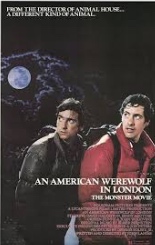
 When I was about 3 or so, my father was a Houston police officer; he would always get off work around 9 p.m., when my mother would have dinner waiting for him at home. Usually he would eat it in front of the television, watching the newest movie currently showing on HBO.
When I was about 3 or so, my father was a Houston police officer; he would always get off work around 9 p.m., when my mother would have dinner waiting for him at home. Usually he would eat it in front of the television, watching the newest movie currently showing on HBO.
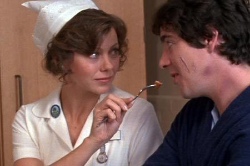
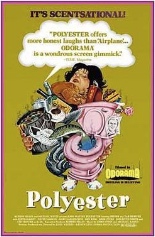
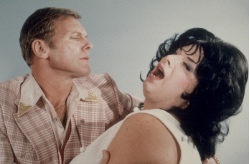
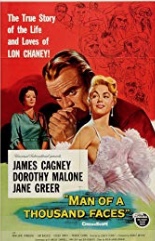
 Who, we may ask, was Lon Chaney?
Who, we may ask, was Lon Chaney?